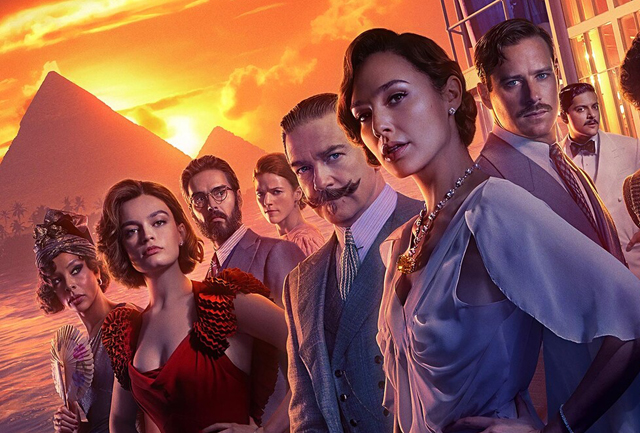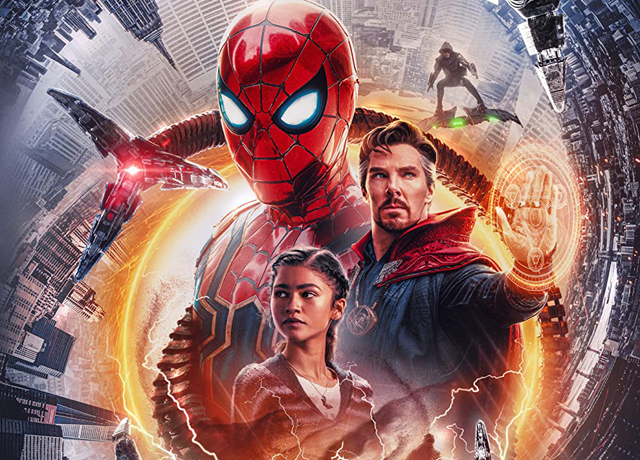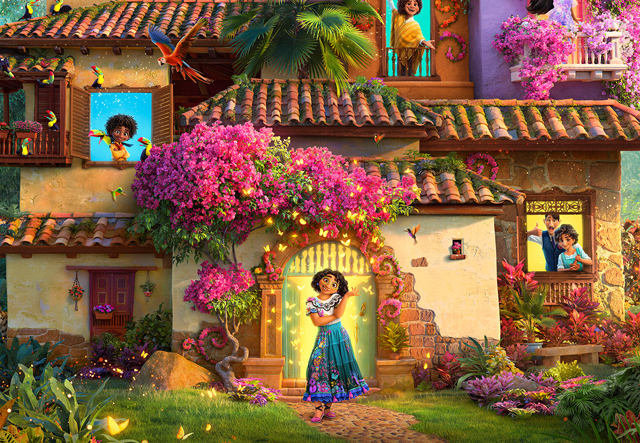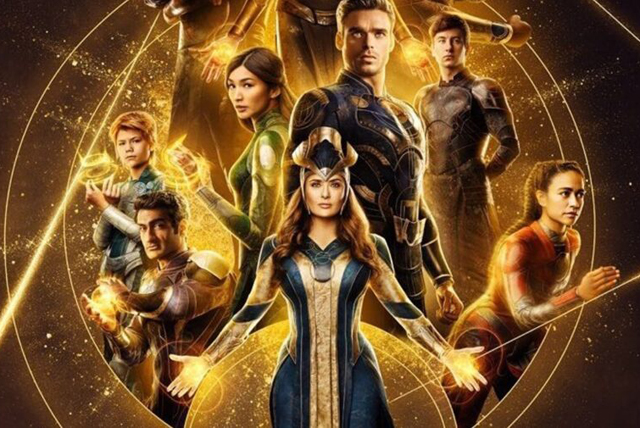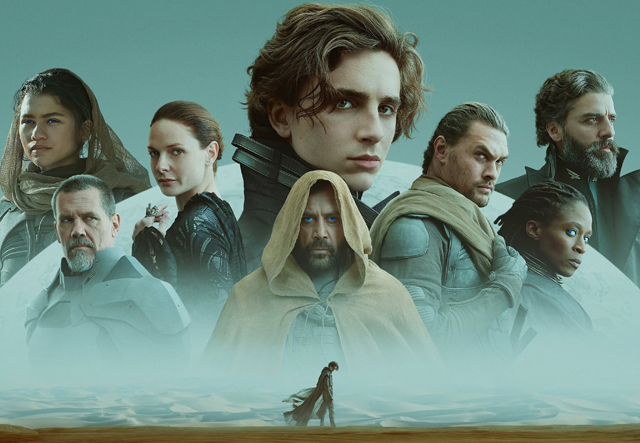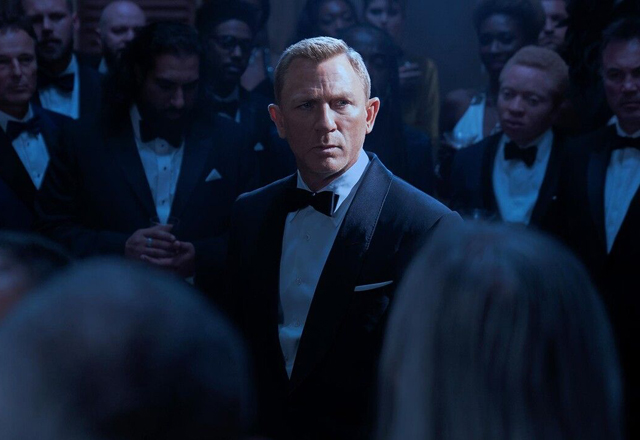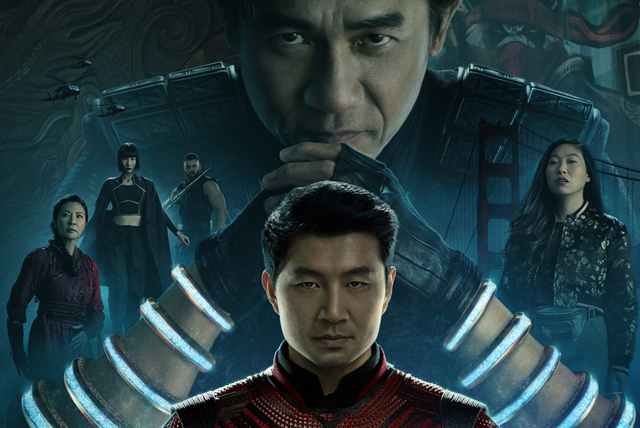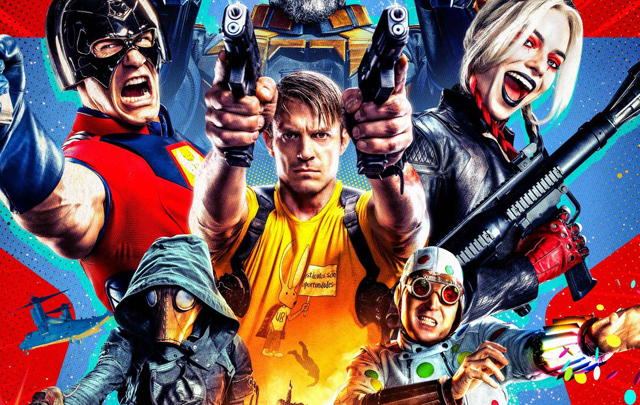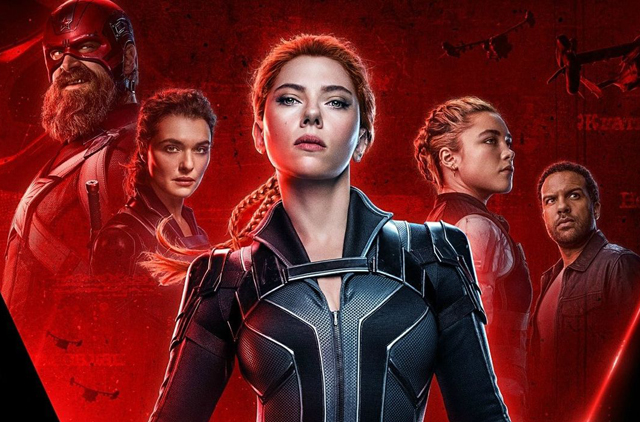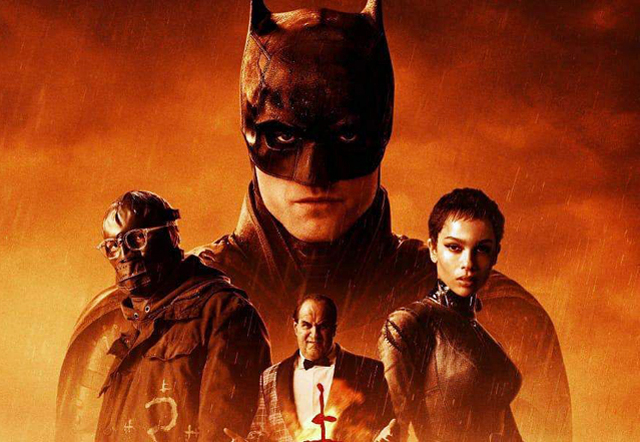
Of all the super heroes that have graced the silver screen, I don’t think one has ever been portrayed in as many multiple ways as Batman. Revived, reimagined and remade as often as Hamlet or Robin Hood on the big screen, it seems like every generation will likely see a brand new Caped Crusader pop up. And surprisingly, we as a culture have warmed up to seeing multiple versions of this same character over time. Batman to this day remains a potent draw at the box office, and has so since his big screen debut in Tim Burton’s gothic Batman (1989). Even before that, the character had always been in the public eye as one of the most prolific comic book characters. Created by Bob Kane and Bill Finger, Batman was an instant hit with comic book readers all throughout the Golden Age. In later years, he also went through many changes that help to shape him into the brooding hero that we know today. One such revival written by Frank Miller helped to set a darker tone for the character, which then heavily influenced the movies that have followed. The Miller aesthetic (dark tones and themes) have been the defining characteristic of most Batman movies; much more so than any other superhero. The two Burton films can definitely be defined as fitting that definition, albeit with Burton’s trademark carnival-esque style. The Bruckheimer films that followed added a fair amount of camp on top of what Burton has built. And then came the Christopher Nolan Dark Knight trilogy, which not only brought the dark tone back to Batman, but they also grounded the story in a realistic world. Then we got the appearances from Batman in the Zack Snyder-verse DCEU movies, which were probably dark and brooding to a fault. Now, yet again we are seeing another version of Batman brought to the big screen; one that rings with a familiar tone that we associate with the character.
Bringing in Matt Reeves (Dawn of the Planet of the Apes) to direct this new version, the Batman franchise seems to be adopting the grounded world-building of the Nolan trilogy, but with more of the Miller aesthetic applied. And following in the long line of actors who have donned the cape and cowl, Robert Pattinson has taken up the mantle, playing a decidedly younger version of Batman than we’ve seen before. As stated by Reeves in interviews, this Batman and Bruce Wayne is inspired by the grunge persona of Kurt Cobain; whose music also features in the soundtrack of the movie. This movie specifically is taking it’s inspiration from the Batman graphic novel called Batman: Year One (1988), which was also written by Frank Miller. That run of comic stories details the beginnings of Batman as a super hero, showing Bruce Wayne building the persona that he would take on, as well as taking on his first cases. In a way, this is something new for the character on the silver screen, as we’ve never seen the early years of Batman portrayed before; at least the parts when he’s still a little green on the job. The Nolan film Batman Begins (2005) did show back story for Batman, but it was really about Batman’s very start, and not the full year into the job that he had experienced on a day by day level. That seems to be the aim of Reeves’ new Batman; showing the Batman at work and what that would be like without the larger world implications. In addition, this is being seen as a brand new re-launch for the character after the setback of loosing the previous actor (Ben Affleck) in the role, after he stated heavy dissatisfaction following the making of the Justice League (2017). Unfortunately, the production of this movie couldn’t have been going on at a worse time, with the Covid pandemic forcing it to shut down for months; including another set back when Pattinson himself has to quarantine after catching Covid himself. But, nearly a year after it was supposed to hit theaters originally, The Batman (2022) is finally here. The only remaining riddle is, can the movie stand on it’s own given the legacy behind it.
The Batman takes place in a crime ridden Gotham City that is on the eve of a hotly contested mayoral election. The city’s present mayor is found dead in his mansion, and the Gotham Police are immediately called to investigate. Detective Jim Gordon (Jeffrey Wright) is brought onto the scene and with him, a masked vigilante that calls himself Vengeance, though everyone else dubs him the Batman (Robert Pattinson). While investigating the crime scene, they uncover a message left behind by the suspect; a card addressed to Batman with a riddle written inside of it. Batman returns to his hidden Batcave underneath Wayne Manor where he works with his close associate and butler Alfred Pennyworth (Andy Serkis) to decipher the ominous message. Alfred also warns Bruce Wayne (aka Batman) that he is drifting further away from a normal, happy life by becoming withdrawn from the public; all of whom are wondering what has happened to him since his parents tragic murder. Some of the clues lead Batman and Jim Gordon to revelations about the mayor, including a mystery girl who works at a night club called the Iceberg Lounge. There, Batman approaches the proprietor of the Iceberg Lounge, a well-known gangster named Os, aka the Penguin (Colin Farrell) and tries to get more information from him. However, he finds another lead with another girl at the night club who might know who the girl is. He soon learns that this new girl is Selina Kyle (Zoe Kravitz), a skilled cat burglar looking to shake down the Penguin’s outfit for herself. Through information he receives from Selina, he learns of an even more secretive club where the Gotham elite are spending their nights indulging their more salacious tastes. And as Batman soon learns, this group of elites are ending up on a hit list of the same murder suspect that he is tracking down; the Riddler (Paul Dano). Soon The Riddler begins to stage even more dramatic acts of terror on the city’s elites which is gripping all of Gotham in a state of fear. And all the while, Batman digs deeper into the mystery which he soon finds may involve secret revelations about his own past that challenges everything he though he knew.
It’s definitely safe to say that this is one of the most ambitious Batman movies that we’ve seen to date; which is saying a lot. Running at a staggering 2 hours and 55 minutes, it’s by far the longest Batman movie to date and only a hair shy of the longest Comic Book movie ever (Avengers: Endgame at 3 hours and 1 minute). And it’s surprising that Matt Reeves doesn’t waste any time either. After very brief opening title cards, the movie starts right into the thick of the story. One of the most pleasing aspects of the movie is that it spares us from having to re-watch Batman’s tragic origins again; Thomas and Martha Wayne’s tragic murder is thankfully just mentioned here and never shown. We are instead placed in a story-line that feels pulled right out of the comics; with Batman already being a fixture in Gotham City, but not one that has been fully realized to his full potential yet. There is a pleasing sense of Reeves treating his Batman as a real world figure, and finding a way to make it believable that the people of the city could put their trust in this masked vigilante. There is a lot to like with this movie; it’s sense of purpose, the grounded but bold aesthetic, spirited performances, and some amazingly well staged action scenes. So, why did I walk away from this movie slightly underwhelmed. To be clear, I still liked the movie quite a bit, but I feel like it just lacked something to make it an all-time great. For one thing, it doesn’t come close to matching the clockwork brilliance of Christopher Nolan’s trilogy, and I would also say the operatic nature of Burton’s 1989 original also trumps it a bit. So, why did I end up feeling just a bit empty by the film. I think my nit pick is that the movie is brilliant in individual scenes, but those scenes don’t completely come together to make a brilliant whole. Matt Reeves certainly makes nearly three hours breeze by with excellent pacing, but I feel like some scenes just come off as passable in between the ones that really soar to greatness. And that’s where I found myself in that feeling of this movie meeting it’s mark, but not much else.
One thing that does help the experience is if you’re familiar with the films of David Fincher (especially his earlier work). The movie is especially evocative of the film Se7en (1995), and to a lesser extant Zodiac (2007). The Batman definitely taps into the grimy aesthetic of Fincher’s criminal underworld from those movies. Reeves’ Gotham City is certainly one where danger is lurking around every corner, and where it seems like the sun never shines. In that regard, it probably is the closest we’ve seen yet to a movie that captures the kind of world that Frank Miller imagined for his Batman. It’s also in line with most of the Batman comics that have been printed over the last couple of decades. But what is pleasing about this movie in general is the way that it demystifies the Batman as an icon. Here for the first time, we are seeing Batman as what he was from his very beginning; a detective. This working man aspect of the character is the thing that feels the most refreshingly new about this film, and it’s honestly surprising that it took this long to actually bring that aspect of the character to the silver screen. Here is where we see the Fincher influence really shine, as the movie definitely has many echoes of Se7en, with the Riddler coming across as a mix of John Doe and the Zodiac Killer from Zodiac. The detective solving the case moments are definitely where the movie hits it’s high notes, along with some stand out action set pieces. But, when the movie hits the more melodrama moments, it starts to hit a speed-bump. There is a subplot involving Selina Kyle that didn’t quite lift up the movie like the rest did, and it’s where I feel like the movie could’ve used some trimming, or at least a bit more agency on the part of her character and how she relates to Batman’s dilemma. You also have to deal with long patches of time when your villain (or villains if you count Penguin) don’t appear on screen. Nothing really feels like it drags, nor undercuts the story itself. It’s just that when put altogether like it is, the movie lacks cohesion.
But, when it hits a high note, it really lands and then some. I can definitely say that even though the movie left me wanting in many areas, there were moments in there that had me grinning ear to ear like the Joker. One such moment is definitely one that involves this iteration’s version of the Batmobile. Now, the Batmobile in this film is not as flashy as ones previously found in other Batman movies; it’s basically a muscle car with a jet propulsion attached to the trunk. But the way it’s used in the movie is absolutely breathtaking. What I especially appreciated about that scene in the movie is that it relied primarily on real practical stunt work; much like what you would see in a John Wick movie. That reliance on real stunts and effects helps to make the action scenes feel more dynamic and tangible. It’s also enhanced by an incredible sound mix as well. When the Batmobile’s engine roars in the movie, the woofer bass shook the entire theater that I was in and probably rattled a few rib cages of the audience members too. And that help to make the scene which is your average car chase feel all the more grander. I also want to point out the musical score by Michael Giacchino. Here he’s following in the mighty footsteps of giants like Danny Elfman and Hans Zimmer, and having to find that new sound for a Batman theme that we haven’t heard before. Not only did he rise to the challenge, but he may have come up with a score that’s equally as iconic as the ones from his predecessors. This musical score, especially the main theme itself, takes the film to sometimes operatic heights, and really helps to underline the grandness of this film. I also have to note the excellent visual style of the movie. Matt Reeves brings this gritty texture to his movie, but unlike his predecessor Zack Snyder, he breaks out some bold color choices every now and then to break the grim, dark tone of the movie. This includes some scenes set against golden sunsets, or cast in the neon glow of a trendy nightclub. There are many visually daring choices in the movie, but Reeves thankfully keeps it all in balance and in service of the story he’s telling.
What also helps is that the cast of characters also feel authentically a part of this world as well. This is a very lived in world, full of beaten down characters with stories of their own that could fill a whole movie. The performances are all pretty much universally strong, though I think the movie sometimes falls short of allowing each of them to reach their full potential. Robert Pattinson for instance is doing some interesting stuff here as Batman; creating what may be the most insular and guarded version of Batman we’ve seen to date. It’s interesting watching a movie and see a version of Bruce Wayne that is still insecure and unsure of himself sometimes. However, for most of the movie, the film makes Batman so reserved within a scene that he at times feels kind of stiff. I’d say that 20% of Pattinson’s performance is just him glaring at something with a stern look on his face. Still, while he’s in the batsuit he does look the part, and manages to hold his own compared to other Batmen. The performance from Paul Dano as The Riddler may be a mixed bag for other people. Some may find it brilliant while others may think it’s too over the top. I thought it was fine and worked for the character as is. It’s definitely a departure from previous versions of the character, and works pretty well in this kind of movie. But, if you’re expecting something on the level of say Heath Ledger’s Joker, you might be a bit disappointed. Zoe Kravitz brings an interesting vulnerable side to the character of Selina Kyle (aka Catwoman), making her more than just the femme fatale character we’ve seen before. Jeffrey Wright also brings his usual strong presence into the role of Jim Gordon. But, if I were to point out my favorite performance, it would be Colin Farrell’s Penguin. Farrell completely disappears into this character and steals pretty much every moment he’s in, managing to be both genuinely menacing and laughably goofy at the same time. Given that these are all characters we’ve seen before on film, it’s definitely a challenge to make them feel genuinely fresh again as characters, and The Batman manages to renew these age old characters in interesting ways.
So, even though I have my reservations about aspects of the movie, it’s still one that I recommend seeing in a theater. It’s a big screen spectacle that should definitely not be passed up, and even with the near three hour run time, it won’t feel like a chore to get through. i did like the movie, but the bar for me is very high with regards to Batman movies, and I feel that this one comes up just short of the best we’ve seen. There is without a doubt a lot to admire about the movie; the fact that it finally shows us Batman doing detective work, the A-grade action sequences that certainly rank among the best that we’ve seen with the character, as well as interesting new interpretations of these iconic characters. Robert Pattinson in particular makes a perfectly serviceable new Dark Knight, and I imagine that DC and Warner Brothers have many future franchise plans based around his version of the character. One of my hopes is that this film leads to better things in the sequels, and it’s definitely still a strong launch pad for a franchise to be built off of. We of course know what and who may be coming up in the series going forward, but hopefully Matt Reeves and company continue to take their opportunities to subvert expectations and do new interesting things with these familiar stories and characters. For right now, I’d say check it out for those few scenes that must be experienced in a theater with an audience, like the aforementioned Batmobile scene. But, also keep in mind that it may not be the kind of Batman movie you were expecting and that this could leave you feeling disappointed. I’m honestly interested to see what the long term reception for this film will end up being like, because it definitely feels like one of those movies that may end dividing audiences; hopefully not in a way that turns toxic like other franchises have experienced. I generally view it positively, but I can understand criticism for this movie as well as it is not perfect. Still, it’s nice to see some interesting risks being taken with a character with this long of a legacy, and my hope is that it helps to continue the massive winning record of Batman at the box office. Batman is back, and thankfully still stands tall in the pantheon of the greatest comic book heroes of all time.
Rating: 7.5/10
